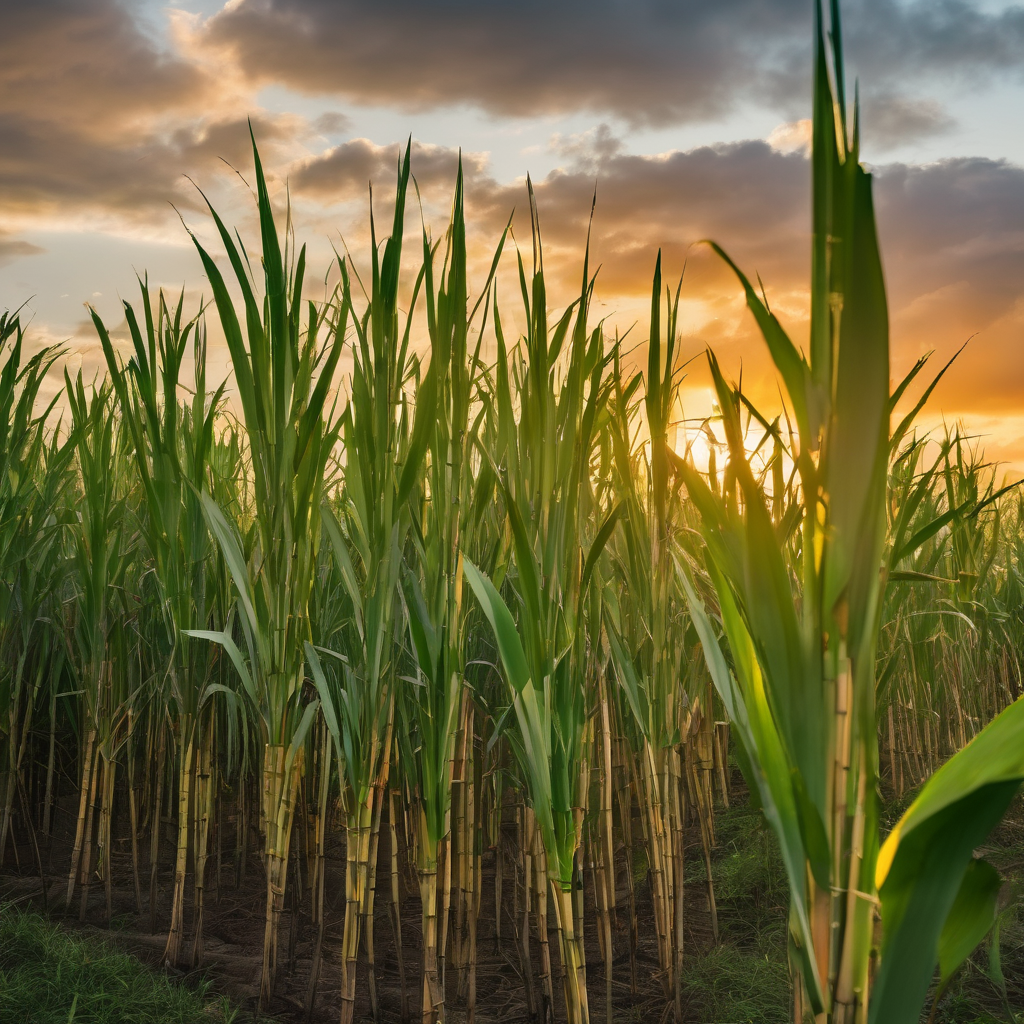The future of Fiji’s sugar industry is in jeopardy as a significant number of sugarcane leases are approaching expiration. Reveni Rakasalu, the provincial administrator for Macuata, has expressed serious concerns, noting that 419 leases, collectively covering 6,630.7 hectares, are set to expire within the next six years in his province alone. This year poses the most immediate threat, with 89 leases for 3,798.3 hectares due to lapse.
In the coming years, the situation may deteriorate further, as 52 leases are poised to expire next year and another 89 by the end of the decade. Rakasalu emphasized that failure to renew these leases would undermine the foundation of the sugar industry in the North, an essential economic sector for many farmers.
Currently, Macuata holds 3,041 active leases, comprising 473 for iTaukei and 2,568 non-iTaukei cane farms. Rakasalu pointed to the Labasa mill’s recent production figures, which crushed a total of over 1 million tonnes of cane in the last two years, yielding substantial amounts of sugar. However, production levels are already trending downward this year compared to previous years, raising concerns about sustainability, especially if more land leases are not renewed. In 2023, 555,716 tonnes of cane were crushed, producing 54,887 tonnes of sugar, whereas this year, only 494,495 tonnes have been processed, resulting in 47,692 tonnes of sugar.
The Fiji Sugar Corporation (FSC) has outlined ambitious targets to increase cane planting to 610,000 tonnes within the year and reach 850,000 tonnes by 2030. However, these goals heavily depend on the renewal of land leases. Rakasalu has appealed to landowners and farmers to collaborate in preserving the industry that significantly supports the province’s economy, urging them to make collective efforts to foster sustainability in sugarcane farming.
These challenges echo the sentiments expressed by Fiji’s Minister for Sugar, Charan Jeath Singh, concerning absentee farmers who fail to utilize agricultural leases, thereby hindering the industry’s productivity. Singh’s push for these landowners to surrender unutilized leases aligns with broader governmental efforts aimed at revitalizing the sugar sector.
Despite the pressing issues, there is a narrative of hope. With a concerted effort from the government and the farming community, there is potential for increased productivity and effective management of resources. Initiatives focusing on sustainable agricultural practices, enhanced collaboration, and strategic planning signal a promising outlook for Fiji’s sugar industry, which remains a critical element of the nation’s agricultural identity and economic stability.
